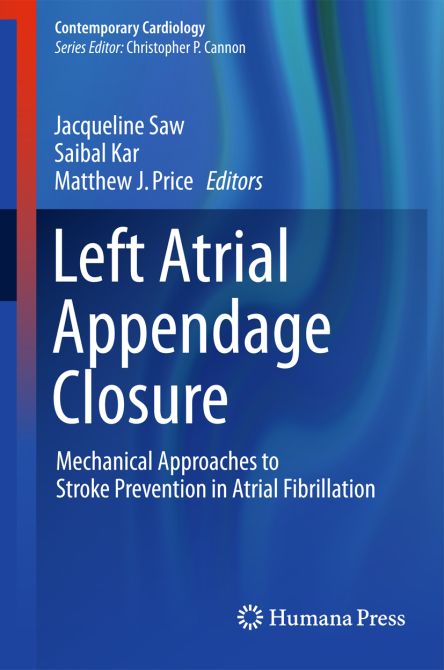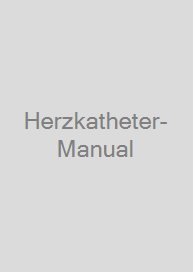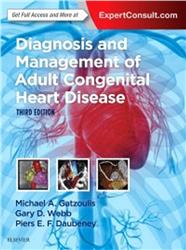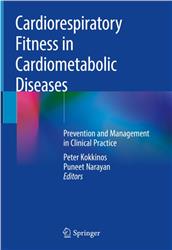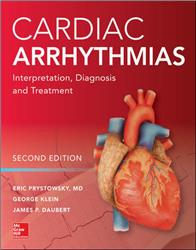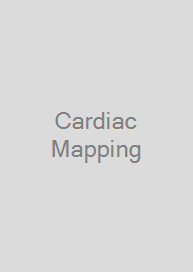Left Atrial Appendage Closure
Mechanical Approaches to Stroke Prevention in Atrial Fibrillation
| Auflage | 2015 |
| Seiten | 300 pp., 50 illus. |
| Verlag | Springer |
| ISBN | 9783319162799 |
| Artikel-Nr. | 595773 |
Lieferzeit ca. 5 Werktage
Produktbeschreibung
Percutaneous left atrial appendage (LAA) closure is an emerging technology for thromboembolic prevention in patients with atrial fibrillation (AF). The first human implantation of an LAA device occurred in 2001, and since then four devices have received CE mark approval. These devices are being widely used in Europe for LAA closure in patients who are poor candidates for long-term oral anticoagulation. In the US, the WATCHMAN device (Boston Scientific) is anticipated to receive FDA approval imminently for AF patients who are warfarin-eligible. This approval is projected to significantly expand the indications for LAA closures worldwide. Thus, the volume of procedures is anticipated to escalate. This book discusses the epidemiology of AF as a cause of stroke; the use of LAA closure in the reduction of thromboembolism with AF; early surgical approaches and novel surgical devices for LAA closure; and current percutaneous approaches and devices available for LAA closure. The emphasis of this book is on percutaneous technical approaches and contemporary trial results on the leading devices (PLAATO, WATCHMAN, Amplatzer Cardiac Plug, and LARIAT). It also reviews unapproved devices in development, in both clinical and pre-clinical phases.

Bleiben Sie informiert!
Melden Sie sich für den frohberg.de-Newsletter an und nutzen Sie jetzt Ihre Vorteil:- Willkommens-Dankeschön: Beatmungsmaske Rescue Me
- Aktuelle Neuerscheinungen und Empfehlungen
- Exklusive Angebote und Kongress-Highlights
